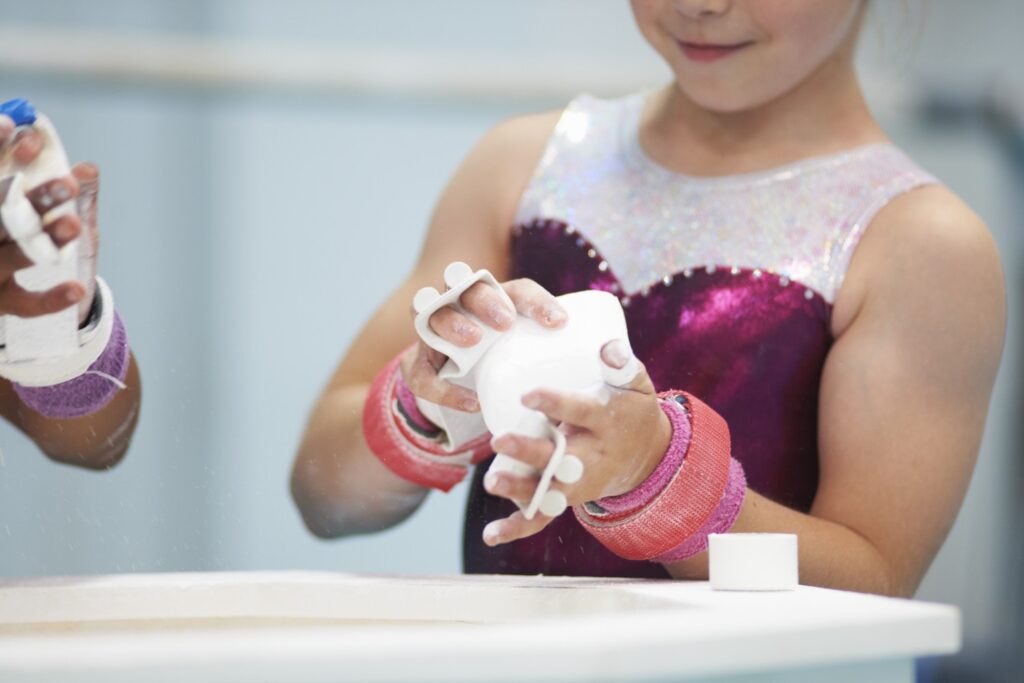Competition can be a nerve-wracking experience for even the most seasoned athletes. Nerves, self-doubt, and fear of failure can creep in, impacting performance and enjoyment. Building strong confidence is crucial for athletes to thrive under pressure and achieve their full potential.
What is Confidence in Sports?
In sports, confidence is more than just believing you’re good. It’s a deep-seated belief in your abilities, coupled with the mental fortitude to perform under pressure. It’s about trusting your training, focusing on your strengths, and approaching challenges with a positive and resilient mindset.

Strategies for Building Confidence in Athletes
- Focus on Process, Not Just Results: Emphasize consistent effort, skill development, and the enjoyment of the journey. Shift the focus away from solely winning and towards mastering skills, achieving personal bests, and enjoying the competitive experience.
- Set Realistic Goals: Help athletes set both short-term and long-term goals that are specific, measurable, achievable, relevant, and time-bound (SMART goals). Celebrate small victories along the way to build momentum and reinforce a sense of accomplishment.
- Positive Self-Talk: Encourage athletes to cultivate positive self-talk by replacing negative thoughts with affirmations and focusing on their strengths.
- Visualization Techniques: Guide athletes through visualization exercises where they mentally rehearse successful performances, imagining themselves overcoming challenges and achieving their goals.
- Skill Development: Focus on developing fundamental skills and techniques. Mastery of these skills provides a strong foundation for confidence and reduces the risk of performance anxiety.
- Create a Supportive Environment: Foster a positive and encouraging environment where athletes feel supported and valued. Celebrate successes, provide constructive feedback, and emphasize effort and improvement over outcome.
- Manage Competition Anxiety: Teach athletes relaxation techniques such as deep breathing, mindfulness, and progressive muscle relaxation to help manage pre-competition anxiety.
- Build Resilience: Help athletes develop resilience by guiding them through setbacks and disappointments. Emphasize that failure is a part of the learning process and that every challenge presents an opportunity for growth.
Role of Coaches and Parents
- Be Patient and Understanding: Understand that building confidence takes time and effort. Be patient and understanding as athletes navigate the challenges of competition.
- Provide Constructive Feedback: Offer specific and constructive feedback that focuses on effort, improvement, and areas for growth.
- Be a Positive Role Model: Demonstrate a positive and confident attitude yourself.
- Avoid Excessive Pressure: Avoid putting undue pressure on athletes to win or perform at a certain level.
Building confidence is an ongoing process. By focusing on skill development, setting realistic goals, and cultivating a positive mindset, athletes can learn to thrive under pressure and achieve their full potential.
We’d love to hear your thoughts! What are some other effective strategies for building confidence in athletes?
